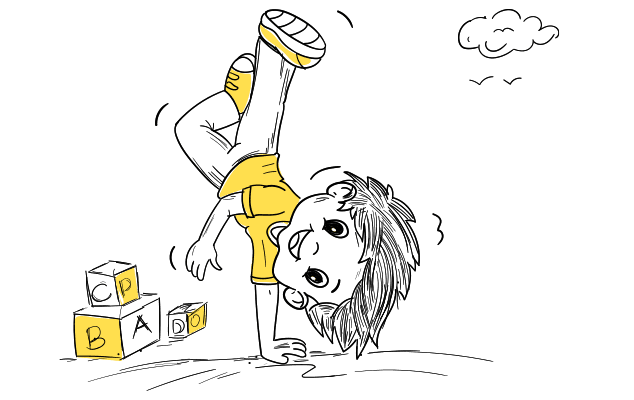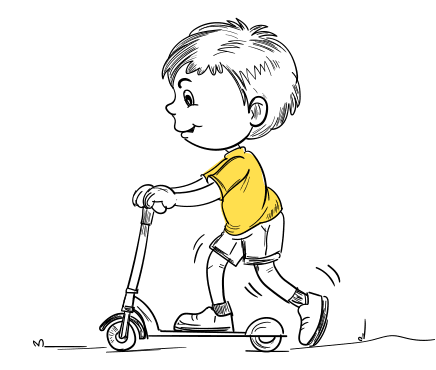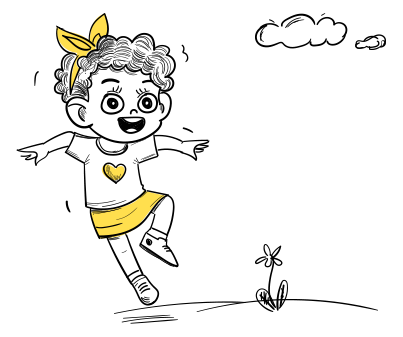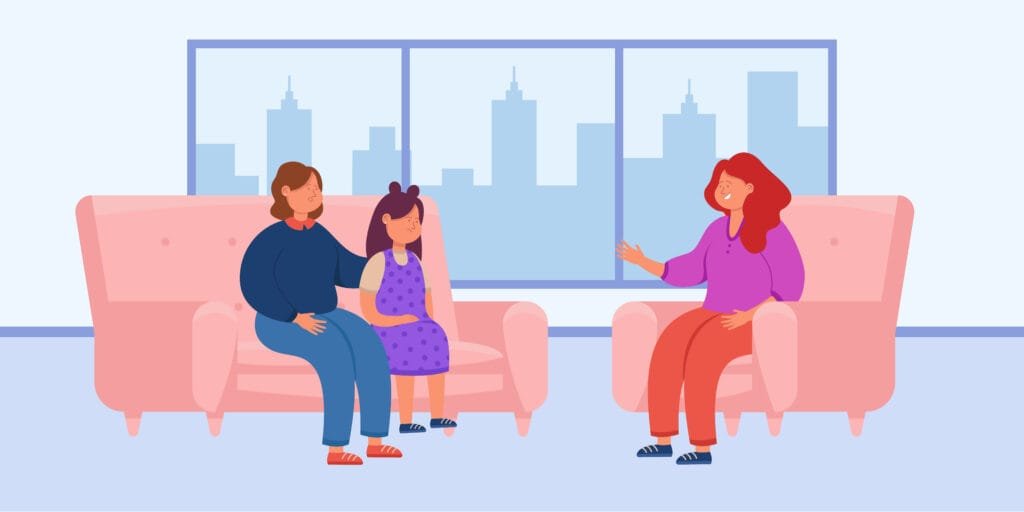Learning Problems


Learning Disorders
Learning related problems are neurological in nature. Difficulty faced by a child in processing the information received, to learn a new skill and to use it efficiently when needed is called Learning Disorders or Learning Disabilities.
These disorders may get ignored during initial ages of a child. Parents and teachers may think that, as the child has just started learning (reading and writing), such mistakes may happen. They may think that the problem will fade off when the child gets older. These problem gets worse when the child struggles to read or write even at 4th or 5th grades.


Few Symptoms
- The child may struggle to read or write simple words.
- Cannot understand the meaning of what is being read.
- He/she gets confused between similar looking letters or words (b and p, f and t, was and saw, etc.) or similar sounding letters (c and k)
- difficulty to understand basic math concepts or word problems
- Not able to stay attentive or focus on any one task or activity,
- Making excuses for not studying
- Makes careless mistakes, etc.

Major types of Learning Disorders
- Dyslexia
- Dysgraphia
- Dyscalculia
- Dyspraxia
- Other written, verbal, and non-verbal learning issues


Causes of Learning Disorders
It may be due to following reasons –
- Family history & genetics- A family history increases the risk of a child developing a disorder.
- Prenatal and neonatal risks- poor growth in the uterus (severe intrauterine growth restriction), exposure to alcohol or drugs before being born, premature birth and very low birth weight, lack of oxygen.
- Psychological Trauma- Trauma or abuse in early childhood may affect brain development.
- Physical Trauma – Head injuries or nervous system infections might play a role in the development of learning disorders.
- Environmental Factors – Exposure to high levels of toxins, such as lead, has been linked to an increased risk of learning disorders.

Want to learn more about this topic?
Call us straight away. We’ll be glad to hear from you.


Why is it important to diagnose?
When learning problems are not identified or diagnosed early, then the child may face several difficulties at school. It may also affect his self-confidence and self-esteem levels. Slowly the child might get isolated because he may think that he is different or he just can’t study. The child may not show any interest in studies. He/she may get frustrated and may show some emotional or behavioural changes.
Early identification and intervention plays a vital role in a child’s overall performance, whether it is academics or social, emotional and behavioural aspects.
What if my child have LD?
Consult a psychologist or an educational therapist as soon as you identify any kind of learning problems in the child. After the assessments, start remediations according to the child’s needs.
